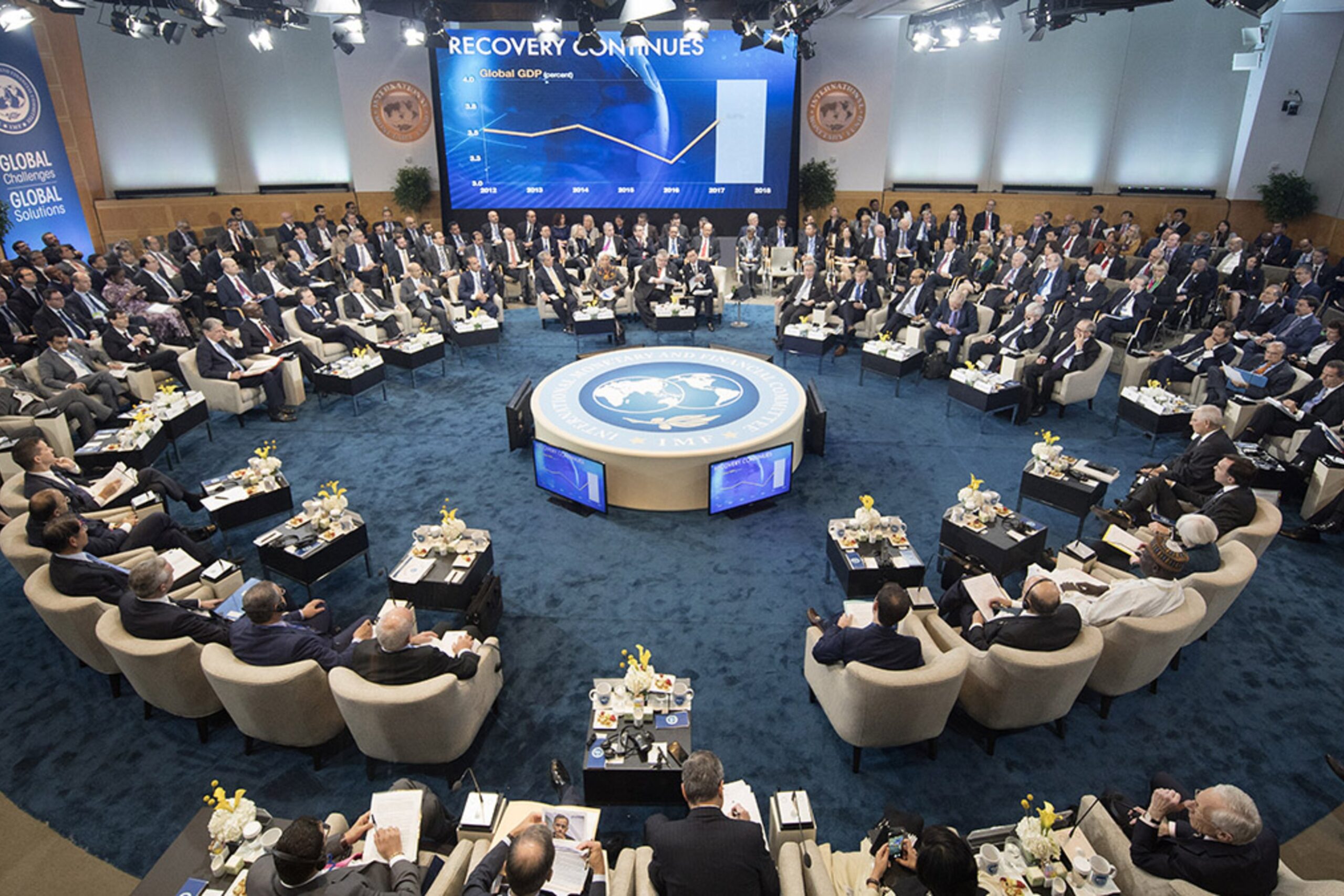Managed exchange regimes lead to severe depreciation
A leading investment expert has warned that managed exchange rate regimes, while offering periods of stability, can lead to sudden and severe currency depreciations, significantly impacting investor returns.
Speaking at the annual conference of the Association of Investment Managers of Zimbabwe (AIMZ) in Cape Town on Thursday, Randolph Oosthuizen, portfolio manager of Old Mutual Investment Group, highlighted currency depreciation and convertibility as major challenges facing frontier and emerging markets.
Oosthuizen also said investors often face difficulties repatriating their profits due to convertibility issues.
“Currency risk can have a profound impact on investment return and without careful management, you might struggle to exit investment efficiencies, he said.
The comments come as critics increasingly scrutinise Zimbabwe’s currency management system, which they describe as a managed regime that fails to accurately reflect market fundamentals.
Such systems, they contend, leads to distortions in the economy and ultimately contribute to currency crises.
The challenges, they argued, are exacerbated by managed exchange rate systems that can mask underlying economic imbalances.
As global investors seek higher returns in emerging markets, understanding the risks associated with managed exchange rates is crucial.
By recognising the potential pitfalls and carefully assessing the macroeconomic environment, investors can make informed decisions and mitigate exposure to currency volatility.
Oosthuizen provided a stark illustration of the risks associated with managed exchange rates, citing the experiences of Nigeria and Egypt.
From 2009 to 2016, both Nigeria and Egypt, Africa’s second largest economy enjoyed relative currency stability.
While there were brief periods of sharp but not severe declines, the currencies remained relatively stable. However, in 2022, both currencies experienced significant devaluations.
Zimbabwe’s currency rollercoaster
Zimbabwe also has a history of managing its currency.
In 2020, the country adopted a managed floating exchange rate regime, abandoning the strict foreign exchange controls implemented when the Real Time Gross Settlement (RTGS) dollar became the sole legal tender in June 2019.
This marked the end of nearly a decade of a multi-currency system dominated by the US dollar.
This shift led to a massive devaluation of the Zimbabwean dollar.
More recently, since the launch of the Zimbabwe Gold, the exchange rate has remained relatively stable.
Zimbabwe’s foreign exchange market operates on the Willing Buyer Willing Seller (WBWS) system, introduced by the central bank in April 2024 as a replacement for the previous foreign currency auction system.
While the WBWS system aims to create a more market-driven exchange rate by enabling buyers and sellers to negotiate directly for foreign currency, analyst argue despite its purported market-based nature, is still a controlled system that is creating shortages and inefficiencies.
The WBWS system has been plagued by persistent foreign currency shortages, with businesses complaining about their inability to access hard currency for importing critical raw materials.
Market liquidity has been further hindered by businesses’ reluctance to sell their foreign currency holdings, driven by concerns over potential devaluation and an unrealistic exchange rate.
The managed exchange rate is putting immense pressure on businesses, especially those operating in the formal sector.
The businesses are required to sell their goods and services using the official exchange rate, which is considerably lower than the rate on the parallel market. This significant discrepancy is causing significant financial strain and hindering their ability to compete and grow.
The two-day conference, which commenced on Thursday, is being held under the theme “Investing in a circular economy: Squaring the Circle” and is attended by local asset managers, stockbrokers, real estate experts, as well as regional experts in the investment sector.
Notable speakers include globally recognised robotics Professor Arthur Mutambara, who is also Zimbabwe’s Deputy Prime Minister and Anyway Taruvinga, the Securities Exchange Commission chief executive.
The AIMZ is an association of asset management firms registered by the Securities and Exchange Commission of Zimbabwe that has been in existence for over 20 years.
Among one of its core mandates is policy advocacy, where it provides input and feedback on new and existing policies that may impact the industry.-ebsinsseekl








